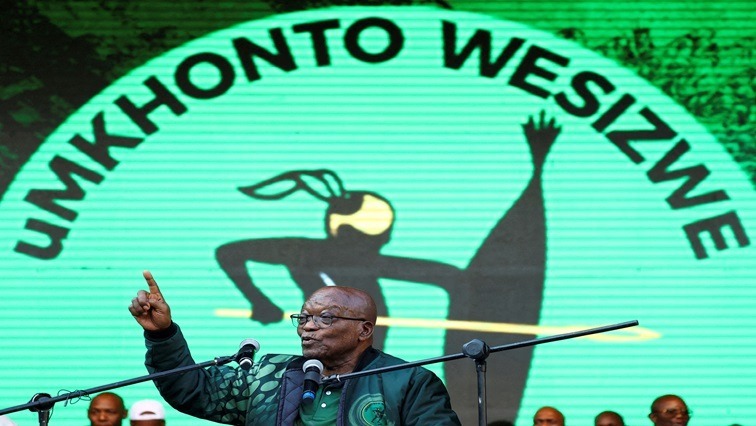The uMkhonto weSizwe Party (MKP), through its spokesperson Nhlamulo Ndhlela, has sharply criticized President Cyril Ramaphosa’s first State of the Nation Address under the Government of National Unity (GNU), calling it a “disaster.” The party’s discontent with the address was echoed by their leader in Parliament, Dr. John Hlophe, who dismissed the speech as “boring.”
One of the key promises in Ramaphosa’s speech was addressing South Africa’s ongoing water challenges, alongside tackling the country’s energy crisis in a manner similar to his previous administration’s handling of load shedding. The President also pledged to rebuild and revitalize the country’s network industries, aiming to bring much-needed improvements.
However, MKP’s Ndhlela took a critical stance on these proposals, accusing the President of attempting to privatize essential services like water and electricity. He specifically pointed to the establishment of privately funded entities as a key indicator of this privatization agenda. According to Ndhlela, these initiatives, disguised as grants to fund these new entities, were in reality loans from the International Monetary Fund (IMF) and the World Bank. He argued that such moves could result in the loss of public control over vital infrastructure.
In his critique, Ndhlela emphasized that the government’s approach to network industries, which include sectors like water and energy, is also burdened by the same loans from international financial institutions. This, he contended, would only deepen the country’s financial obligations without resolving the underlying issues. For MKP, these plans represent a dangerous shift toward privatization that undermines the rights of ordinary citizens to access affordable and reliable services.
The remarks from MKP reflect growing concerns over the potential consequences of such financial arrangements and a broader sense of skepticism regarding the government’s ability to address the pressing challenges facing the country. As the debate intensifies, it remains to be seen whether Ramaphosa’s promises will lead to tangible solutions or further deepen existing problems.
